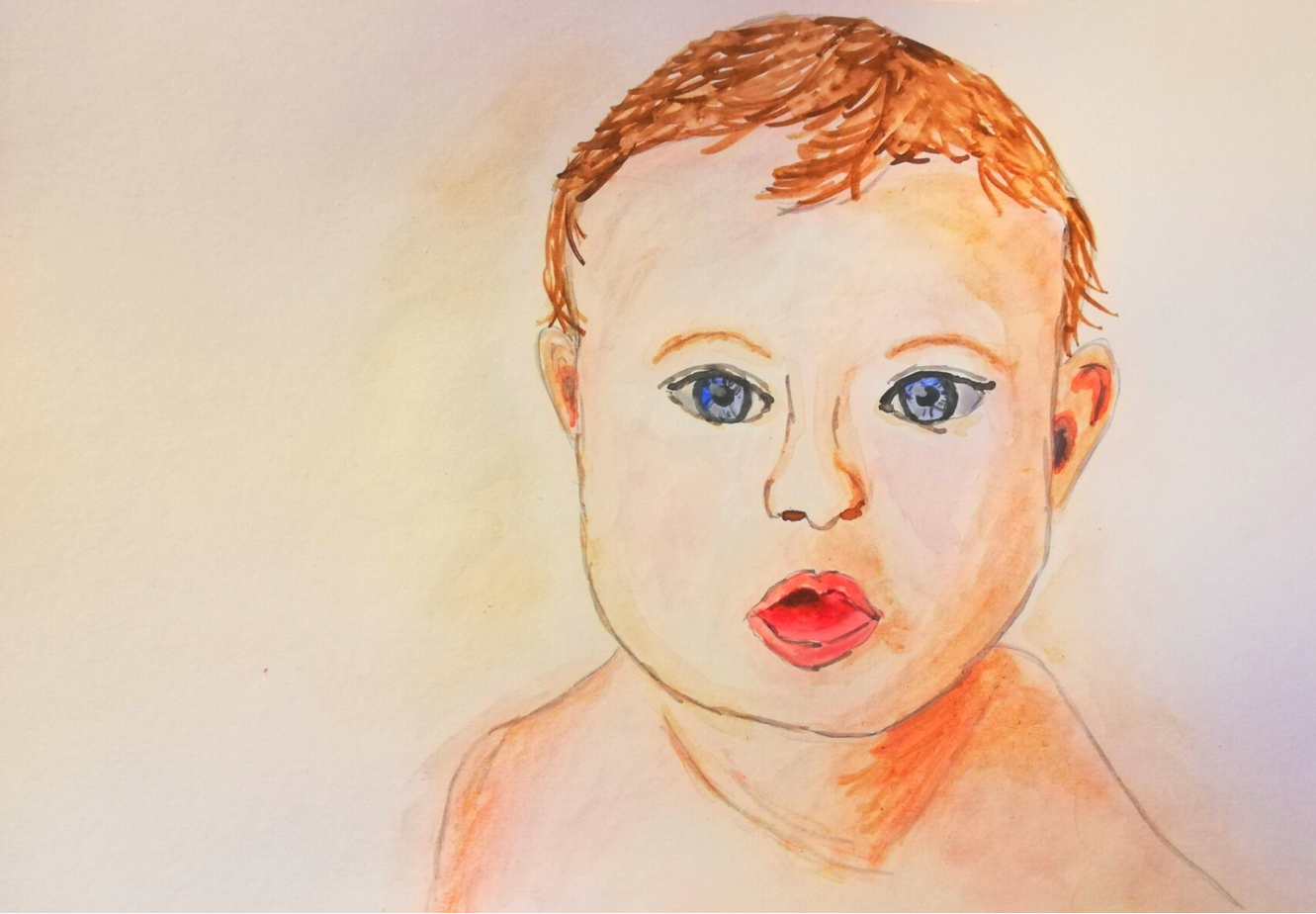Sarah Dalton, SciTech Editor
In a novel study led by the University of Bristol, researchers have mapped out the age at which humans develop humour.
We can’t all be comedians, but a new Bristol’s study has been able to identify the earliest age that humour emerges and how the skill develops in the early stages of life.
Researchers from the School of Education created a 20 question Early Humour Survey (EHS) and asked the parents of 671 children worldwide aged 0-47 months to complete the survey.
The results found that some children were able to appreciate humour directed at them at just one month of age, with 50 per cent of babies appreciating humour by two months. It wasn’t until 11 months that 50 per cent of children were actually able to produce humour back, however once they reached this landmark, children seemed to latch on and produce humour often.
'It is important that we understand how humour may help young children function cognitively, socially and in terms of mental health'
From the results of the study, researchers were also able to identify 21 different types of humour present in a child’s development.
Children under one year were reported to appreciate physical, visual, and auditory humour. This included familiar childhood games such as peekaboo, tickling, funny facial expressions, voices and noises, and misusing objects (such as putting a cup on your head). Not such a tough crowd to please.
After the age of one however, children showed a shift to appreciating humour that involved getting a reaction from others, becoming more socially aware. This could include teasing, taboo topics (it seems toilet humour never loses its novelty for some people) and acting like certain animals.

By the age of two, humour begins to reflect the language development happening rapidly at this age. Children in this age group found humour in nonsense words, mislabelling, and making fun of others.
It isn’t until aged three that most children begin to play with social rules and understand the tricks and puns that are most commonly associated with humour.
Dr Elena Hoicka, Associate Professor in Bristol’s School of Education and the study’s lead author, explained that: ‘Our results highlight that humour is a complex, developing process in the first four years of life.
‘Given its universality and importance in so many aspects of children’s and adult’s lives, it is important that we understand not only the emergence of humour itself, but how humour may help young children function cognitively, socially and in terms of mental health.’
Bristol researchers call for tighter restrictions on child-targeted gambling ads
The fight to feed Bristol's school children
She added: ‘The Early Humour Survey addresses an important gap in research of when different types of humour develop. It has the potential, with more research, to be used as a diagnostic tool in early development in terms of developmental differences, and to help inform early years educators and the UK national curriculum for birth to five years.’
Featured Image: Epigram/Sarah Dalton
How do you think humour has influenced your development?








